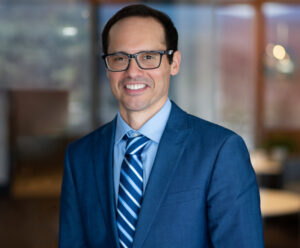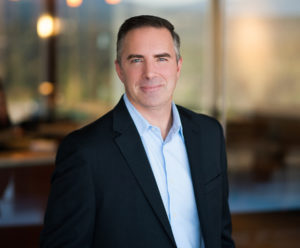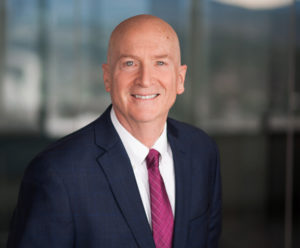News & Insights
Washington Supreme Court Rules that Obesity Is a Disability Under Washington’s Law Against Discrimination
Washington’s Supreme Court decided on July 11 that obesity is a “disability” under the state discrimination law and that employers who refuse to hire an obese job applicant (who is otherwise able to perform the job) are liable under the statute.
Case Background:
The case (Taylor v. BNSF Railway Co.) was brought by Casey Taylor against BNSF Railway Company. Taylor was offered a job as an electronic technician, contingent on taking a physical exam. The medical examiner determined that Taylor had a Body Mass Index (BMI) of 41.3, which is in the range of severely or morbidly obese. Although Taylor met the physical qualifications for the job, BNSF withdrew the job offer based on his obesity. Taylor sued, claiming that he was denied employment because BNSF “perceived him as disabled.”
An earlier decision in the case determined that obesity is not a disability unless it’s the result of a physiological disorder. The Supreme Court rejected that limitation, ruling that obesity is always a disability under Washington’s discrimination law. The Court did not address issues relating to reasonable accommodations for existing obese employees, instead ruling that “it is illegal for employers in Washington to refuse to hire qualified potential employees because the employer perceives them to be obese.”
Takeaways for Employers:
Employers should make sure that any weight or BMI employment standards are based on bona fide job requirements, i.e., they are job-related and consistent with business necessity. Employers should also be aware that obese employees may be entitled to accommodations to help them perform their jobs. Future cases will likely provide examples of the kinds of accommodations that may be required in different circumstances.
About the Author:
Kevin Hansen provides clients with proactive advice through implementing best employment practices and developing employee handbooks and policies. He also provides counsel in response to specific matters concerning employment contracts, hiring and firing, wage and hour issues, trade secret protection, and discrimination. Kevin regularly teaches continuing legal education courses for the WSBA and is an adjunct professor teaching business law at Northwest University.








































